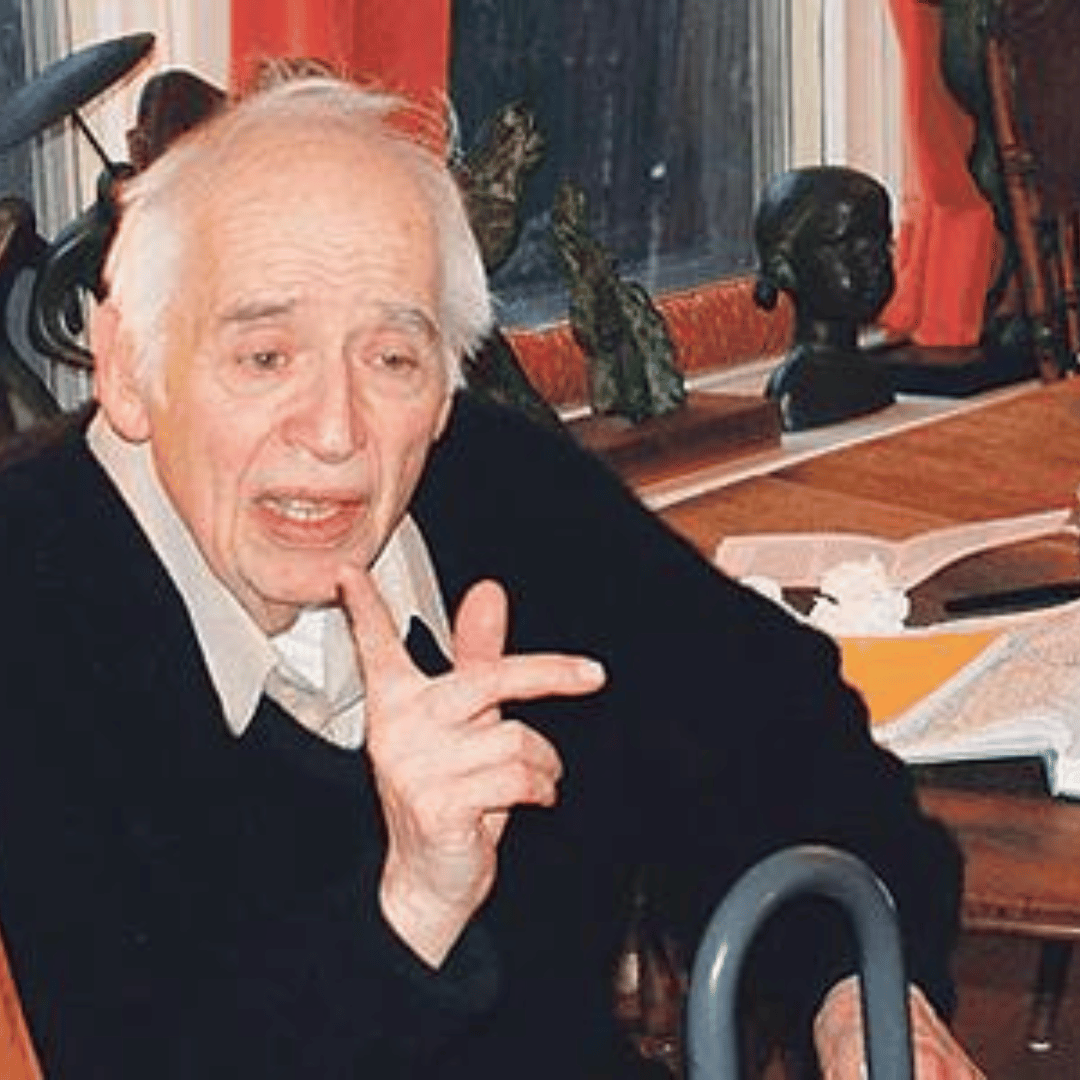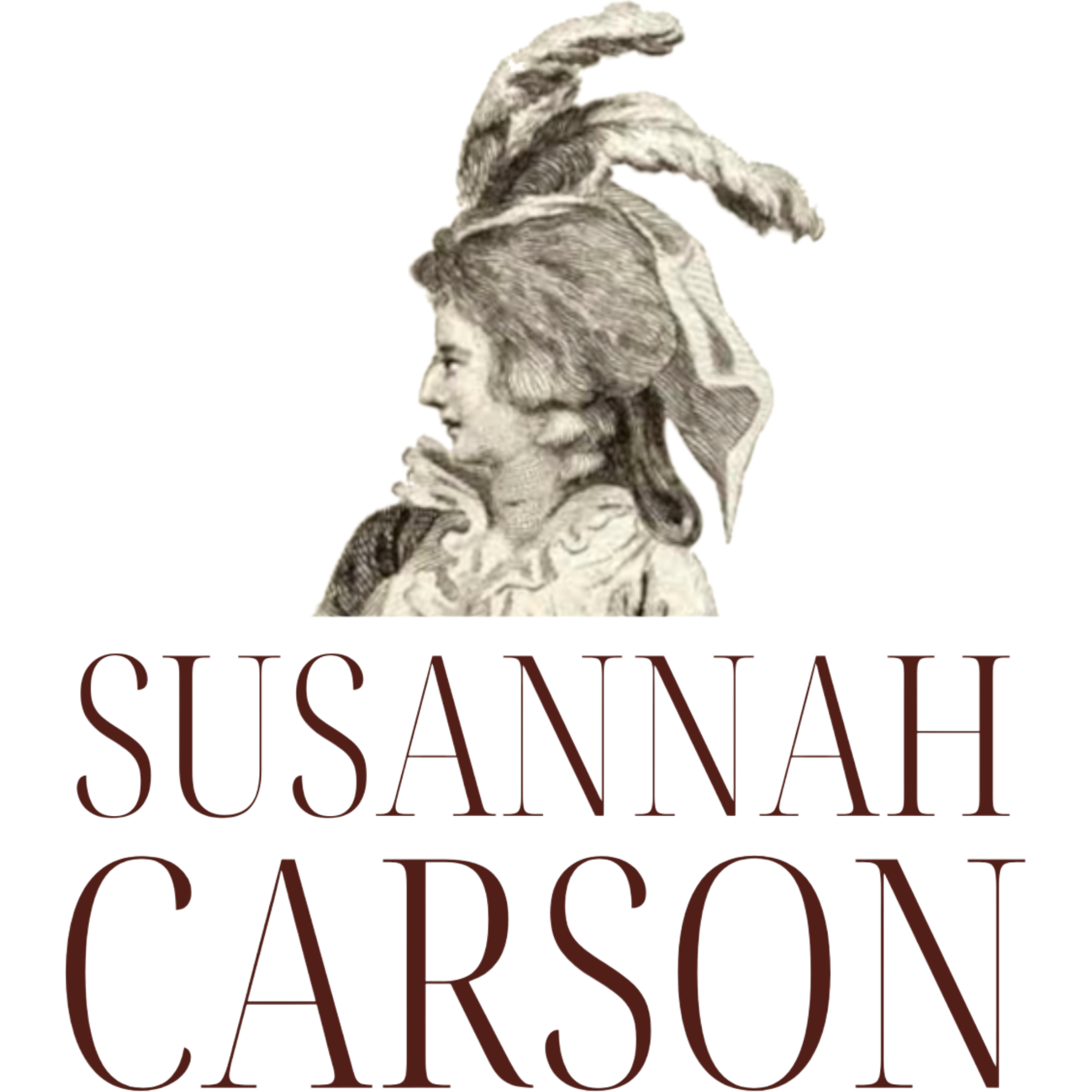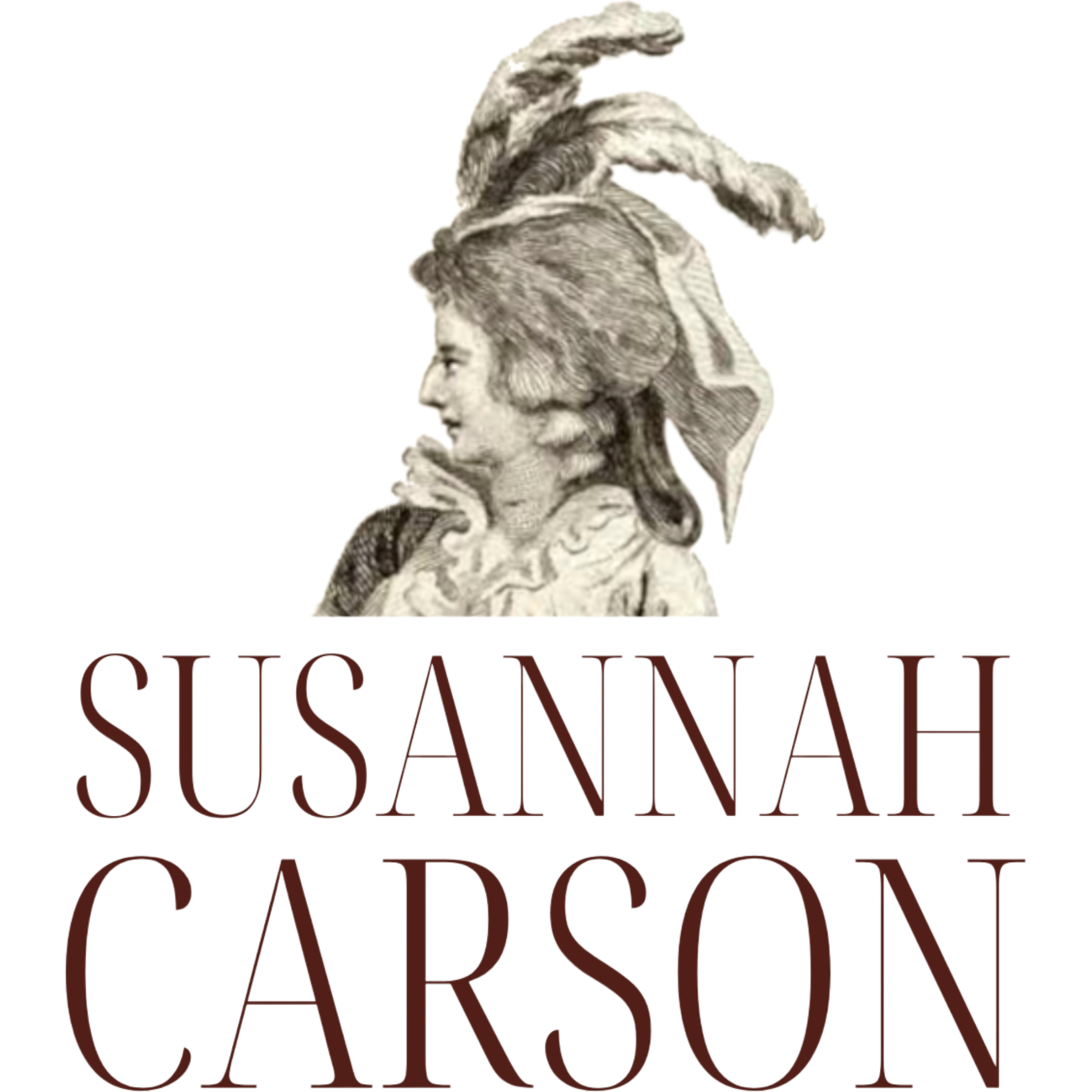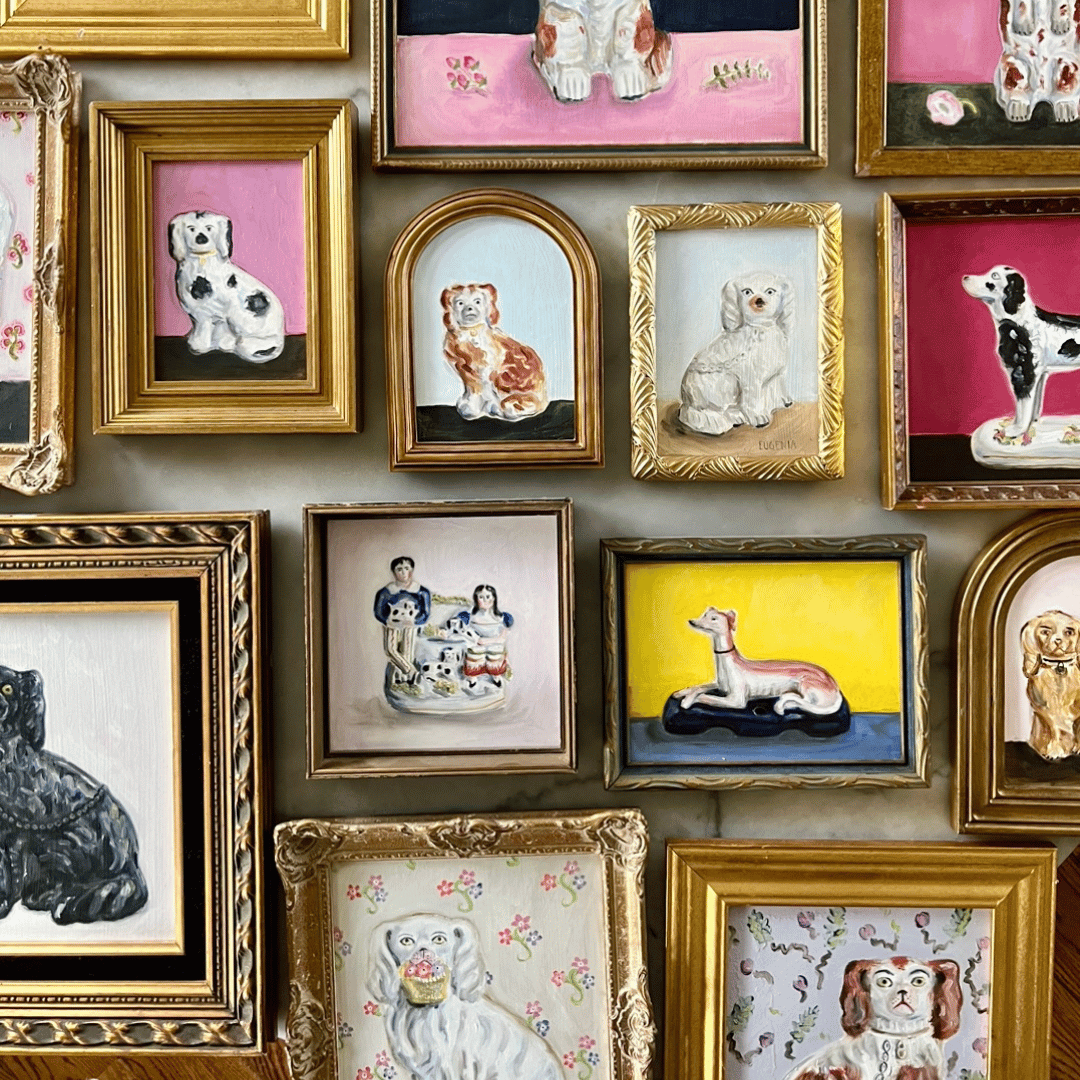
The Great Harold Bloom & the Best Piece of Advice I'm Pretty Sure I Received
If I paint four paintings in a day, then there are precisely four seconds during which I'm looking at a satisfying painting. The rest of the time? I'm looking at something deeply unsatisfying that needs work. So allow me to debunk the myth of the artist who spends her days looking at beauty: I spent most of my days looking at ugly, unfinished, worrisome, half-finished smudges that I'm pretty sure are going to end up in the garbage.
Once in a while they do, but mostly I work through it. And here is the first tip in this series of lessons I've learned through the years. And this lesson, oddly enough, didn't come from art: it came from literature. More precisely, it came from the great Harold Bloom, whom I was lucky enough to have as my dissertation adviser at Yale.

The great Harold Bloom! The world's greatest literary critic! I had great dreams of us discussing the intricacies of the development of the novel in Europe, the cross-influences of the French and English writers, the dramatic developments of the Early Modern Era. I wrote the first few chapters of my dissertation with determination and daring, but of course with perfect attention to detail. I handed the chunk of papers to him with trepidation, and awaited for his remarks anxiously for two and then three and then four weeks. Having been in higher education for many, many years, I rather expected them to be handed back to me with scribbles in the margins, and perhaps the occasional slash through a paragraph or even a whole page. And far from welcoming such an unforgiving critique, I looked forward to it - how else do we learn, except through having our hypotheses challenged and our deepest presuppositions exposed?
After five weeks of having frequent teas with Harold, his wife, and whomever else happened to be there, and discussing the opera, poetry, and university gossip, I eventually asked Harold if he'd had time to read the chapters. He rifled through the stacks of books and manuscripts and tissues on his desk and produced the chunk, pristine and scribble-less. The latter wasn't entirely surprising, since Harold had a photographic memory and didn't need to labor over pages, and he had suffered a war injury and had trouble writing, so didn't write unless he had to. Nevertheless, I suppose I was still hoping to get something back different from what I'd submitted. "Oh," I said, "What should I do next?"
And he replied: "Keep writing."

Now, I wasn't - and to this day I'm still not - completely sure if he meant that I ought to go back and rewrite the whole damn thing, or if it was good enough and that I should proceed along the same tack, or if he hadn't actually read it because he couldn't be bothered, or if he hadn't read it because he liked me well enough and assumed I'd do a good job. If memory serves, I attempted to clarify but got nowhere, and so I filed the chapters away in my bag, and shut the door to the house, and walked back the couple of blocks to my apartment, the whole time wondering what he'd meant.
My first instinct was to assume I'd been dismissed, but this was Harold, and he knew what he was about. He always knew what he was about. And as garrulous as he could be, when it came to the most important things he could be painfully sincere, and cut through all the crap, and shoot an arrow straight into the heart of the matter.
You know what needs to be done. You're your own best critic; you're your own worst critic. You know what's wrong; you know how to fix it. Think. Think. Think for yourself. Don't be lazy. Think again. Do it again, do it better, do it until you feel that tuning fork strike and hum with a second's satisfaction.
Artists of all sorts - writers, painters - follow this internal guide.
So, in short, what's the difference between a bad painting and a better painting? It's easy: "Keep painting."





Leave a comment
This site is protected by hCaptcha and the hCaptcha Privacy Policy and Terms of Service apply.